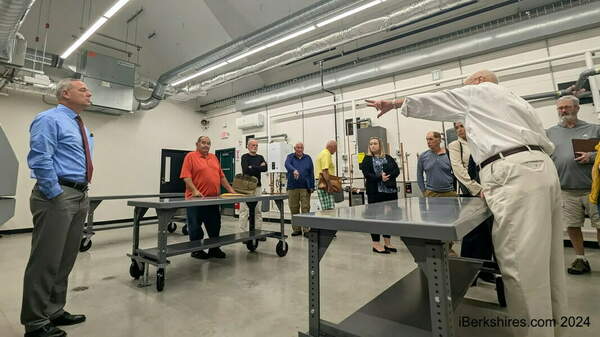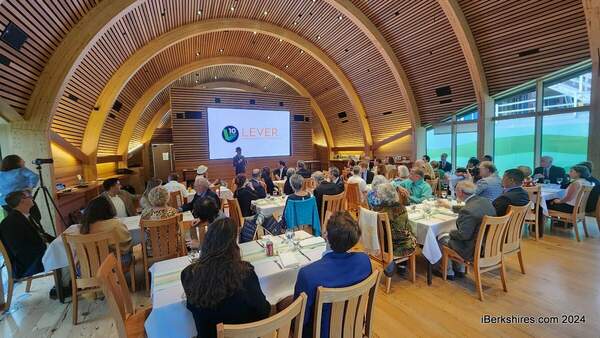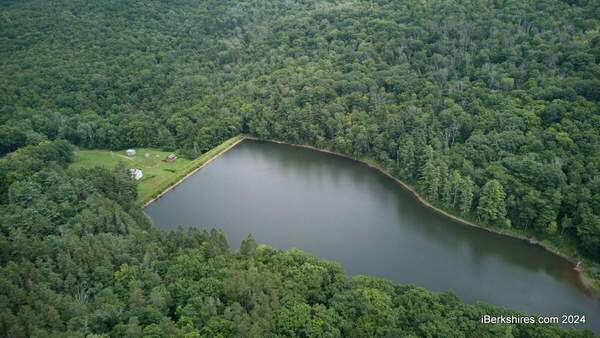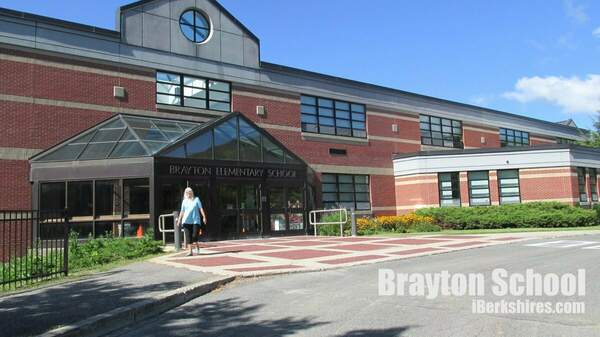
Watch out for tax season scams
It's that time of year when we do our taxes — but it's also the same time that tax scammers go to work. What scams should you watch for — and how can you avoid being victimized?
Sadly, the list of scams is pretty long, including demands for payment or requests for "additional information" pertaining to your tax refund, in which the sender asks for your Social Security number and other personal information. These scam emails can look quite official, often incorporating the IRS logo. You might also receive scam text messages containing bogus links claiming to be the IRS website or an online "tool" that can help process your refund faster.
But keep these points in mind:
-
The IRS generally won't contact you by phone and won't contact you by email, text messages or social media channels to ask for personal or financial information. The IRS begins most correspondence to taxpayers through regular mail delivered by the U.S. Postal Service.
-
The IRS won't call to demand you make an immediate payment through a prepaid debit card or wire transfer. If you owe taxes, the IRS generally will mail you a bill. And the IRS won't threaten to bring in the police or another law enforcement group to arrest you for not paying your taxes.
In general, be extremely skeptical about any type of communication purporting to be from the IRS that sounds bullying or over-inquisitive — and certainly don't give out any personal or financial information. But these fake messages aren't the only tax-season scams out there. You might even receive a direct deposit from what appears to be the U.S. Treasury Department — but if you weren't expecting it, something's likely not right. This payment could be a sign that a fraudulent tax return was filed in your name, and it might be followed by a communication from a supposed IRS agent requesting this overpayment be sent to them. If this happens to you, you'll want to contact the IRS right away, and you could also ask your bank to return the deposit to the government.
Other scams don't claim to originate directly from the IRS, as scammers pretend to be from real or imaginary tax organizations. For example, you could get a message from the Taxpayer Advocate Service, an independent organization within the IRS, but this agency won't contact you without a legitimate reason. Or you could receive a message from the nonexistent "Bureau of Tax Enforcement." Your best bet is to delete these messages immediately or send them to your spam folder.
Not all tax season scams originate from fraudulent IRS representatives or fake agencies. You also need to be careful about whom you hire to prepare your taxes. If possible, get a recommendation from a trusted friend or family member. And keep in mind that a legitimate tax preparer must have a valid Preparer Tax Identification Number and must sign your tax return. If someone doesn't have this number or is reluctant to sign your return, it may well be a sign that this individual is a "ghost preparer" who only wants to pocket your fee.
Tax scammers are, unfortunately, here to stay — but remaining vigilant can help you keep them from causing problems for you in this tax season and all the ones in the future.
This article was written by Edward Jones for use by your local Edward Jones financial advisor. Courtesy of Rob Adams, 71 Main Street, North Adams, MA 01247, 413-664-9253.. Edward Jones, its employees and financial advisors cannot provide tax or legal advice. You should consult your attorney or qualified tax advisor regarding your situation. For more information, see This article was written by Edward Jones for use by your local Edward Jones financial advisor. Courtesy of Rob Adams, 71 Main Street, North Adams, MA 01247, 413-664-9253.. Edward Jones, its employees and financial advisors cannot provide tax or legal advice. You should consult your attorney or qualified tax advisor regarding your situation. For more information go to www.edwardjones.com/rob-adams.

















